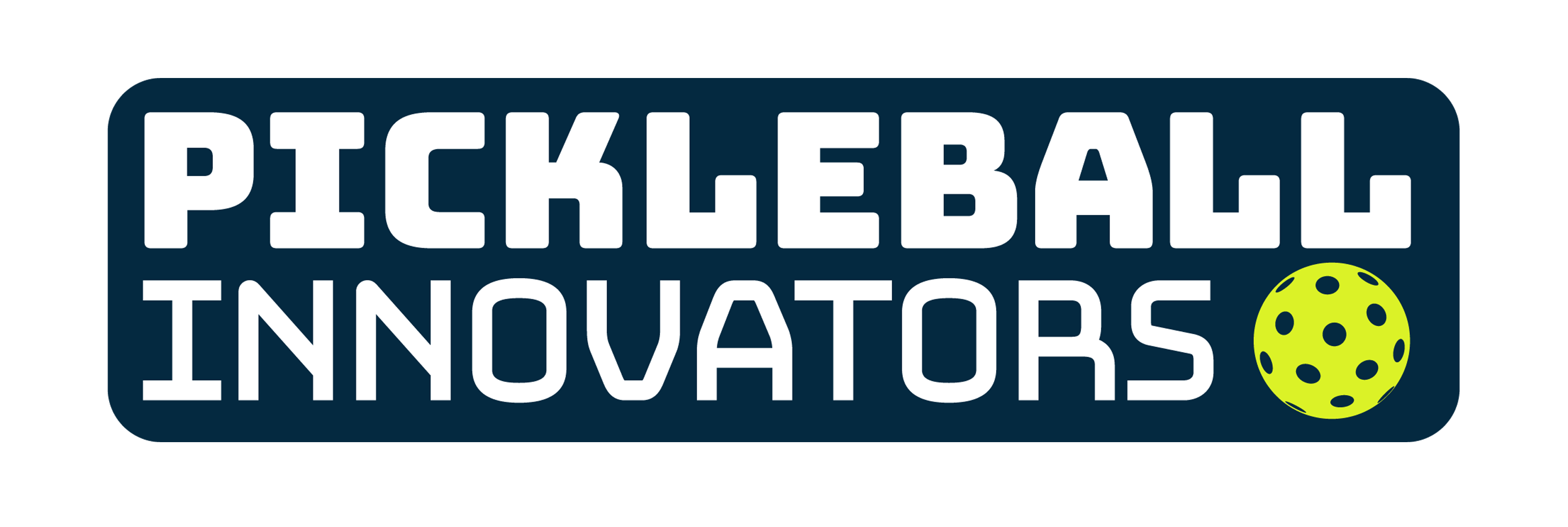The Pickle Parlor is proving autonomous pickleball facilities can thrive — even in small footprints — thanks to tech, flexibility and a frugal approach.
When Bryan Kiger looked at an empty 10,000-square-foot retail space in his community, he didn’t see a challenge: he saw potential.
“We started our process probably around September or October last year,” said Kiger, founder of The Pickle Parlor. “The goal was to take empty retail space and turn it into something positive for the community.”
The result: a three-court, 24-hour, fully autonomous pickleball facility designed for maximum flexibility and minimal overhead. Opened in February 2025, The Pickle Parlor is one of a growing number of small-footprint venues tapping into a tech-enabled model to offset labor costs and serve off-peak demand.
Kiger knew from the beginning that a small staffed facility wasn’t going to be sustainable. “If you do a small club like this, the labor costs become astronomical,” said Kiger. “That’s what made autonomy a must-have.”
He partnered with PodPlay Technologies, a company that initially built autonomous systems for table tennis clubs and has since expanded into pickleball. PodPlay powers everything from door entry and video monitoring to live scoring and member replays.
“If you’re going to staff [a four-court facility] all the time, the math doesn’t work very well,” said Ben Borton, co-founder of PodPlay. “You don’t have to staff it and all of a sudden — the math works.”
The decision to go 24/7 unlocked more than just convenience, allowing for increased court utilization during non-peak hours. “We get reservations at 11 o’clock at night, 3:30 in the morning, and five o’clock in the morning,” explained Kiger. “We even get reservations on holidays.”
The facility has no staff on-site. Instead, PodPlay’s live security team monitors activity via cameras and can communicate directly with players through screens and audio messages if rules are broken.
“We have security cameras on each court,” said Borton. “We have a team in the Philippines that is watching the courts, and they can communicate with the people on the court through the monitors.”
Messages such as reminders to clean up or warnings for overstaying are pre-programmed and triggered remotely. The system also tracks who enters the building, enhancing accountability and safety.
Autonomy means fewer staff headaches, but also fewer structured programs.
“When you do this type of club, you’ve got to be careful of how many memberships you sell versus how much public programming you have,” said Kiger. “And with us only being a few months into this, we’re still trying to find what the sweet spot is.”
While many clubs offer events, clinics and organized scrambles, The Pickle Parlor currently operates as a reservation-only facility. But with tech features like live scoring, replays and challenge matches, Kiger sees room for growth — particularly with younger audiences.
“The younger generation, they love it,” said Kiger. “They want to book from their phones and go. Some of the older generation are used to just walking in and handing somebody $10.”
Kiger said autonomy allows him to keep prices low, roughly half that of larger gyms in the area, while also competing with outdoor parks in extreme weather. “When it’s 90 degrees and humid, our 65-degree, air-conditioned courts look a lot more appealing,” he said.
The model also opens up possibilities in both dense cities and rural towns.
“It is nearly impossible to put a 15-court facility in New York City,” said Borton. “But four courts, fine. That is possible to fund. And at the other end of the spectrum, it opens up a whole bunch of things in tertiary markets.”
Kiger’s advice to other would-be operators is simple: know your audience and keep costs under control. “There’s a bunch of us trying to monetize something that you can play for free outside,” he said. “Autonomy lets us keep costs low and still offer a good experience.”








